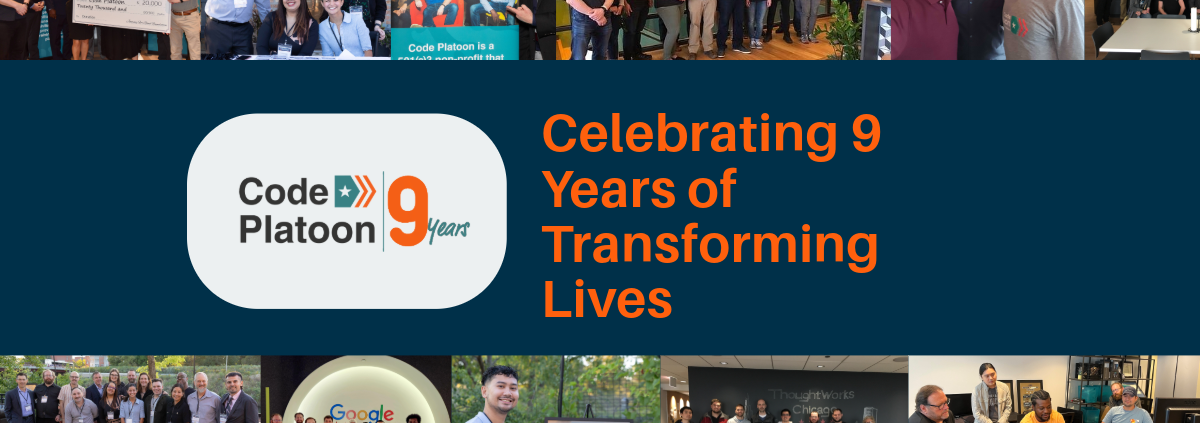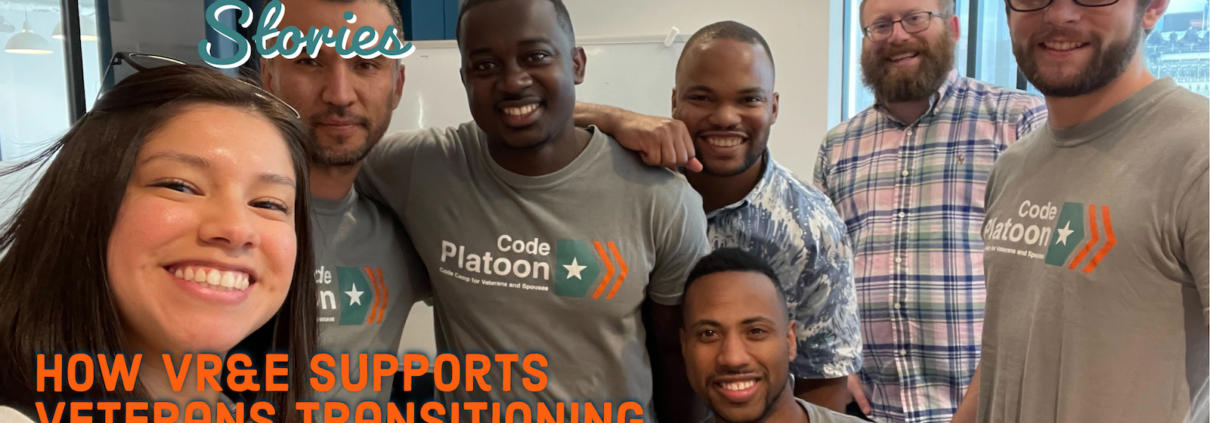Avenger Platoon Graduates From Software Engineering Bootcamp
TLDR: Code Platoon’s Avenger Platoon has graduated from the Full-stack Software Engineering: Immersive program. These Veterans built impressive real-world apps—from finance tools to lawn care tech—proving they’re ready for the tech workforce.
On September 12, 2025, Code Platoon proudly celebrated the graduation of Avenger Platoon, our 27th Full-stack Software Engineering: Immersive cohort.
Over the past 15 weeks, this talented group of Veterans, Servicemembers, and military family members completed an intensive training program designed to prepare them for careers as professional software engineers. From mastering Python, Django, and React to collaborating on real-world projects, Avenger Platoon has demonstrated resilience, creativity, and technical skill.
As part of their capstone experience, students worked in teams to design and build full-stack applications that solve real problems. These projects highlight not only their coding ability but also their collaboration, problem-solving, and entrepreneurial spirit.
We’re proud to showcase the three group projects created by Avenger Platoon. Check them out below!
Preppr
Team Members: Aaron O’Donnell (Army Veteran), Cody Scott (Navy Veteran), Chase Curtis (Navy Veteran), Daniel Chasmar (Navy Veteran), Kegan Johnson (Marine Corps Veteran), Okino Kamali Leiba (Army Veteran)
About the Project:
Preppr is a community-driven meal-prep marketplace that empowers local chefs (“Prepprs”) to showcase their culinary skills while giving buyers a seamless way to discover and order meals that fit their lifestyle. By bridging the convenience of meal kits with the authenticity of local cooking, Preppr creates opportunities for entrepreneurship, community connection, and healthier dining.
For Preppr team members Cody and Aaron, working in a team was both the biggest benefit and challenge of creating Preppr.
“Working with a team proved how important planning and version control can be,” Cody says. “We saw how quickly you can run into issues.”
“Working in a group proved that ‘Many hands make light work.’ Things that took me a week to implement on my personal project took a matter of hours within the group,” Aaron says. “This allowed us to be more ambitious with our feature set.”
Budget Box
Team Members: Kevin Williams (Marine Corps Veteran), Aindi Tsarni (Army Veteran), Rejino Ramirez (Marine Corps Veteran), Michael Scotto (Air Force Veteran), Justin Moore (Army Veteran)
About the Project:
Budget Box is a modern personal finance app designed to help users track income and expenses, create smarter budgets, and gain insight into their financial health. With integrations like Clerk.js for authentication and the Plaid API for real-time bank transactions, Budget Box delivers a secure, user-friendly platform for building better financial habits.
For Kevin, the biggest challenge was integrating Plaid’s banking API and making sense of its complex setup.
“At first, I struggled with understanding how to handle the token flow and which endpoints to use,” Kevin says. “But once I focused on the key transaction details, like amounts and categories, the integration became much more manageable. This allowed me to focus on building the core budget tracking functionality our users needed.”
Lawn Hero
Team Members: Alexander Walker (Army Veteran), Nick O’Brien (Army Veteran), Dominick Marshall (Air Force Veteran), Carlos Sandoval (Air Force Veteran), Jay Cruz (Army Veteran)
About the Project:
Lawn Hero is a smart landscaping assistant for homeowners who want healthier yards without the guesswork. By creating yard profiles with details like size, soil type, and grass variety, users receive tailored recommendations for watering, fertilization, weed control, and seasonal upkeep. Built with Django, React, PostgreSQL, and the OpenAI API, Lawn Hero makes expert lawn care accessible and cost-effective for every homeowner.
For Nick, the biggest challenge was learning how to keep the project ambitious, while also within scope.
“Some of our scope creep was the classic ‘Oh, we can do this!’ that turned into much more work than expected,” he says. “Other times it was justified—like iterating on the frontend to improve the user experience. For example, we needed a yard’s location for our map. My initial plan was to have users enter latitude and longitude directly, but a teammate pointed out most people don’t know their location this precisely. They suggested using a zip code instead and converting it with the Zippopotam.us API. That simple change made the app so much more user-friendly and accessible.”
Congratulations, Avenger Platoon!
Avenger Platoon’s graduation marks the beginning of their new careers in software engineering. We’re incredibly proud of what these graduates have accomplished and can’t wait to see the impact they’ll make in the tech industry.
Please join us in congratulating the Avenger Platoon graduates, and check out their group project walkthroughs to see the skills and creativity they’ve developed in action!

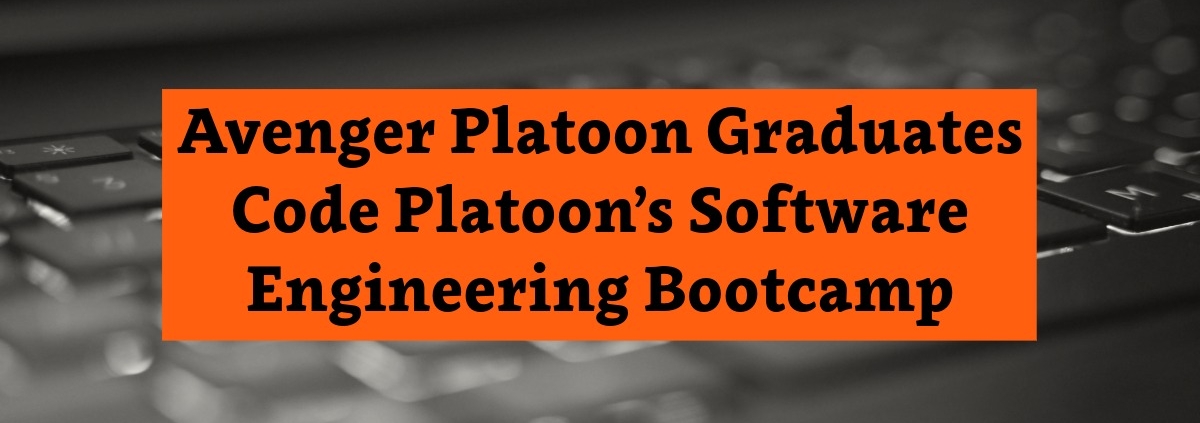
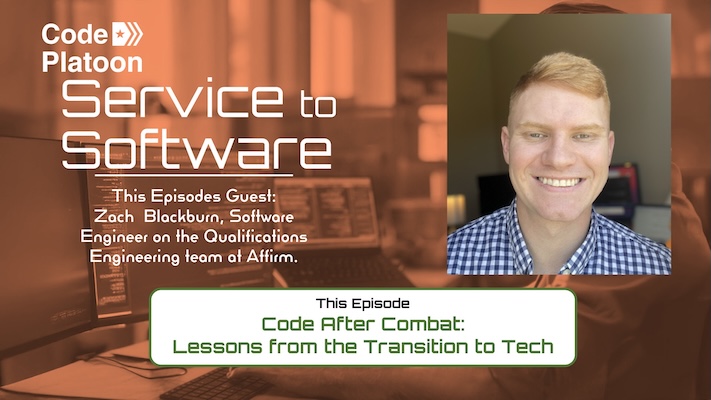
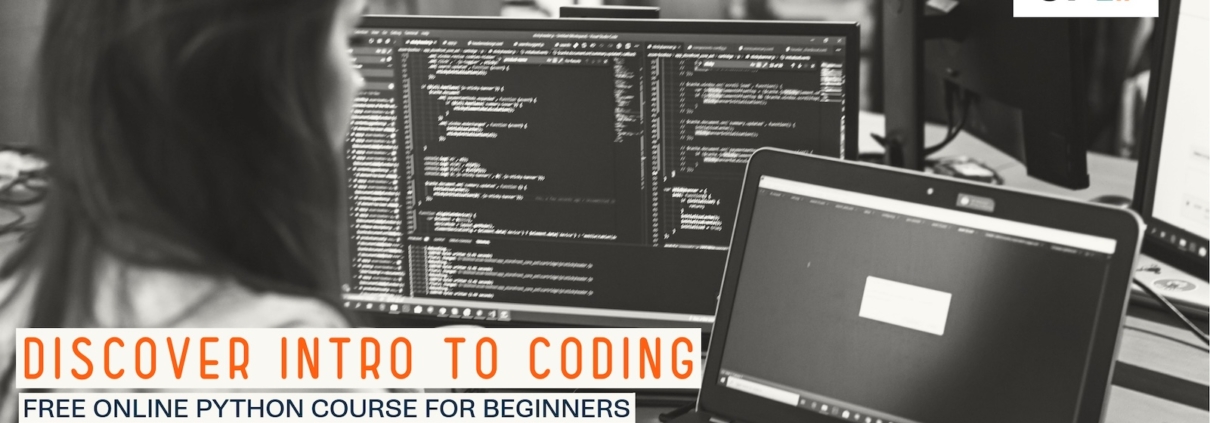
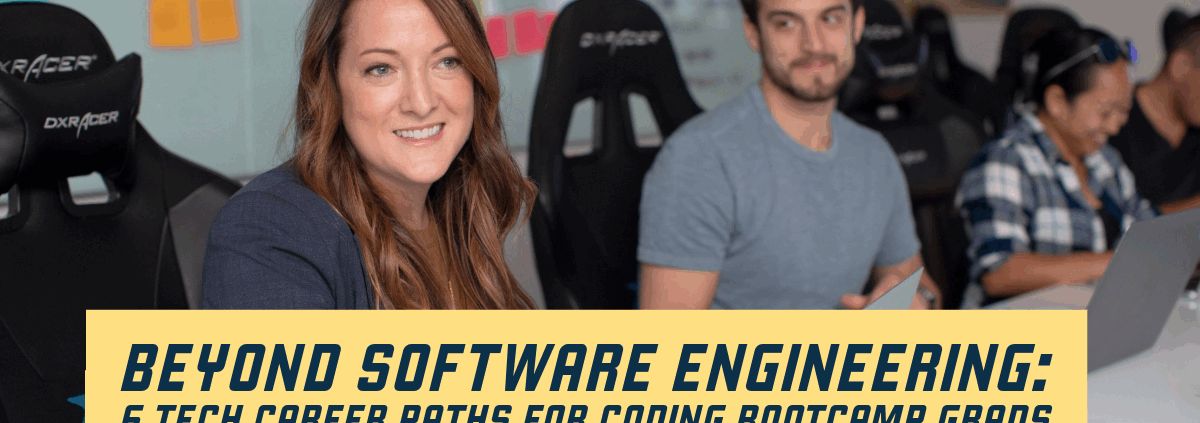
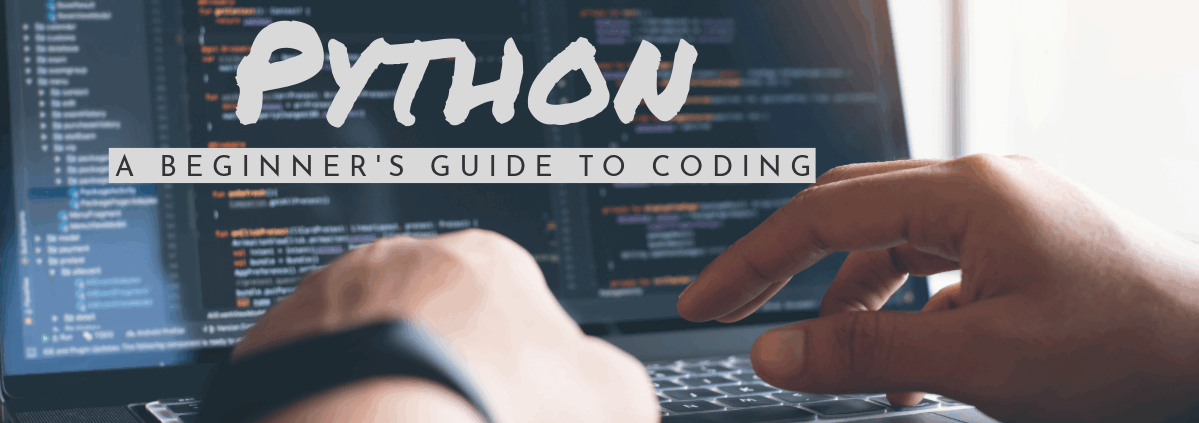

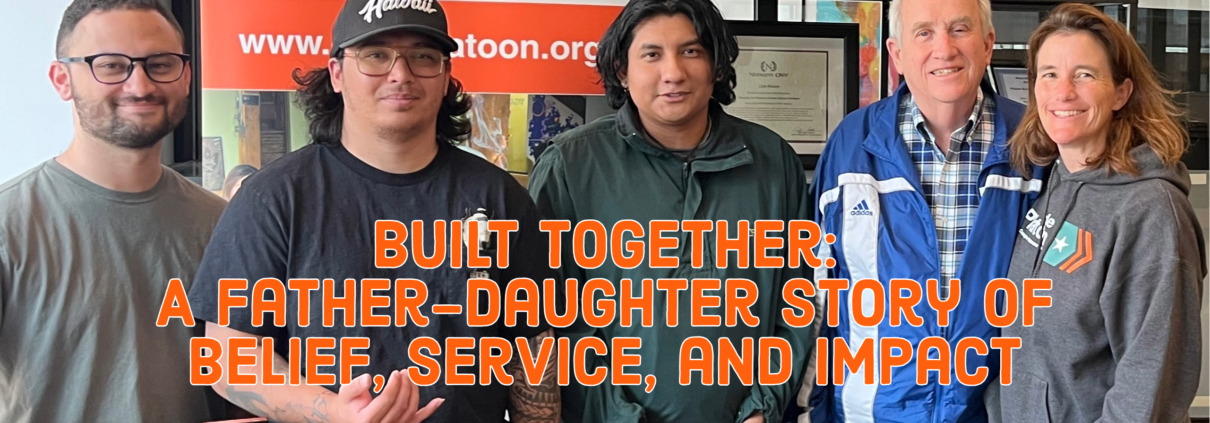
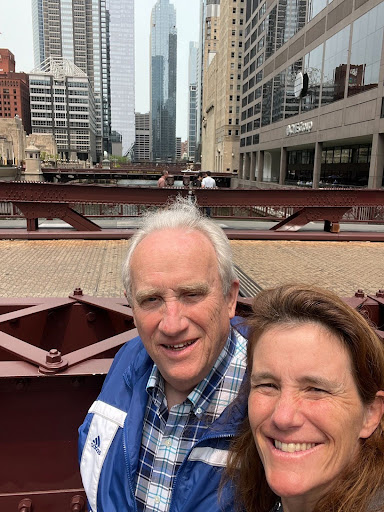 “I get to see every day how our students grow – technically, professionally, and personally,” Katherine shares. “They come in looking for direction, and they leave with real skills, real confidence, and real jobs. My dad believes in this mission, and I feel proud to help deliver on it.”
“I get to see every day how our students grow – technically, professionally, and personally,” Katherine shares. “They come in looking for direction, and they leave with real skills, real confidence, and real jobs. My dad believes in this mission, and I feel proud to help deliver on it.”
